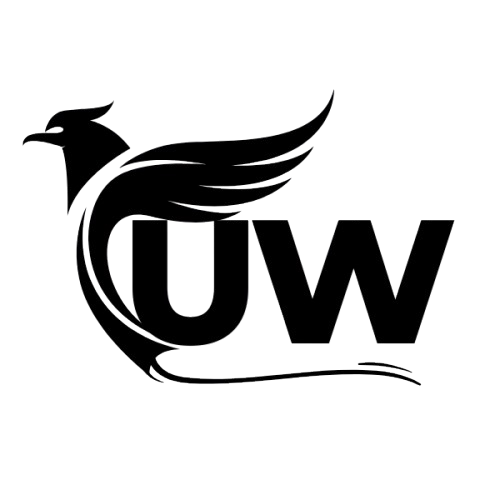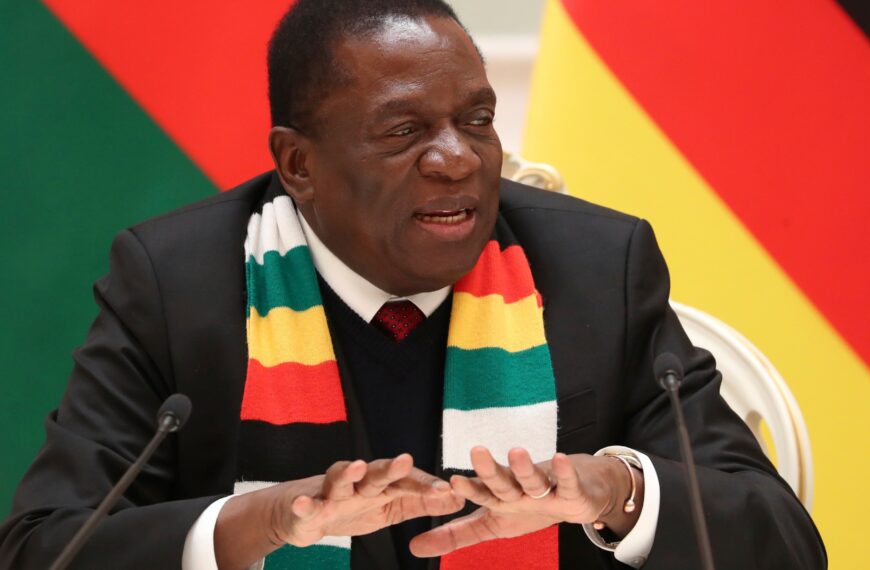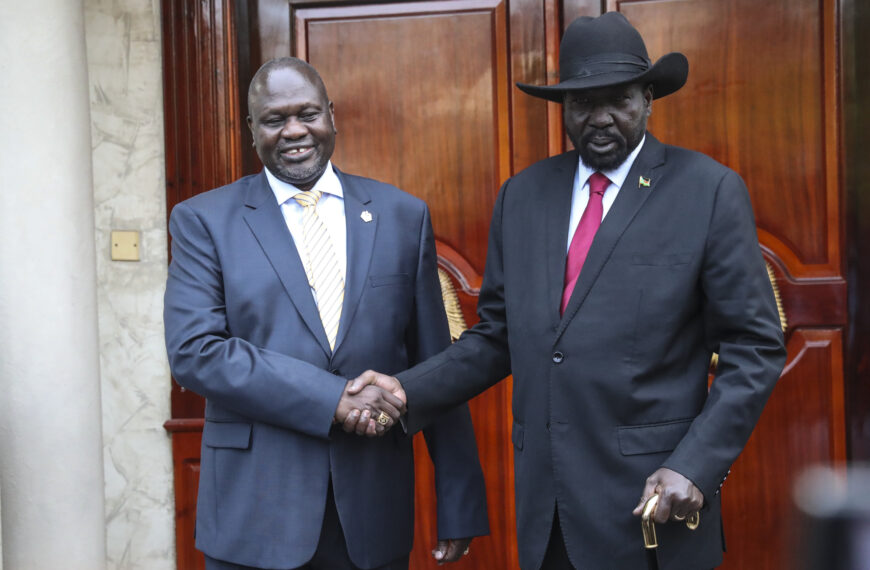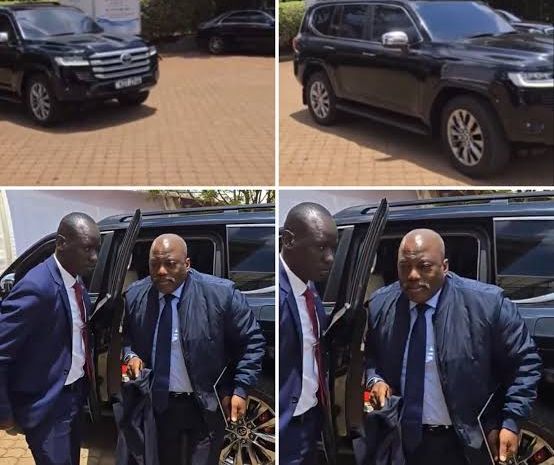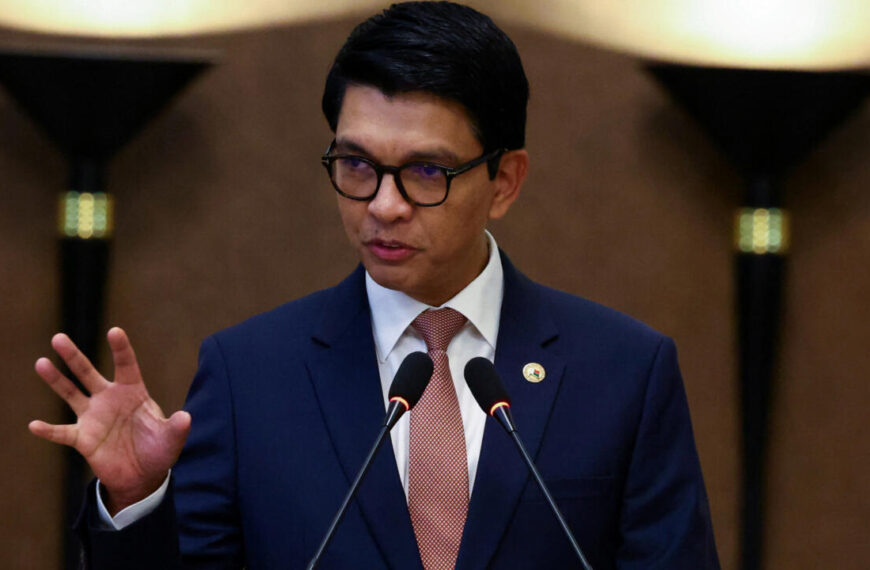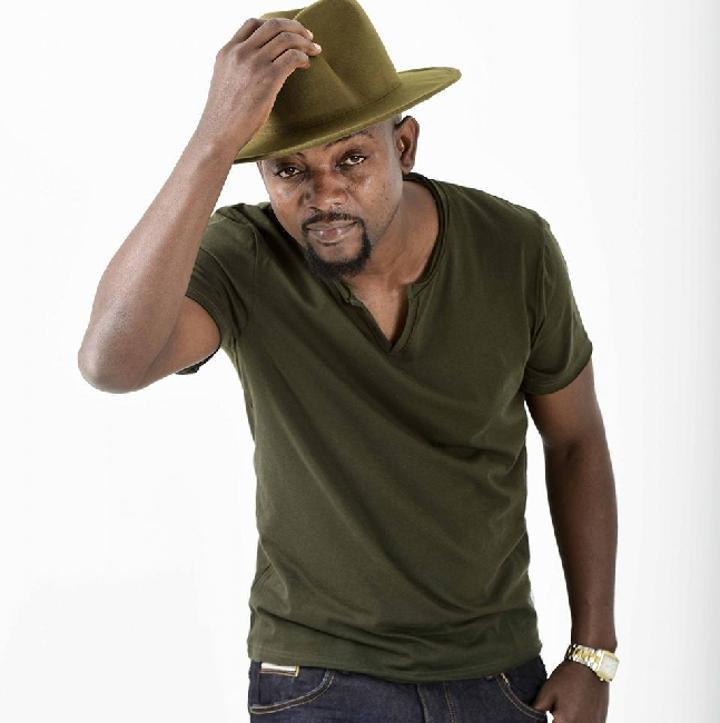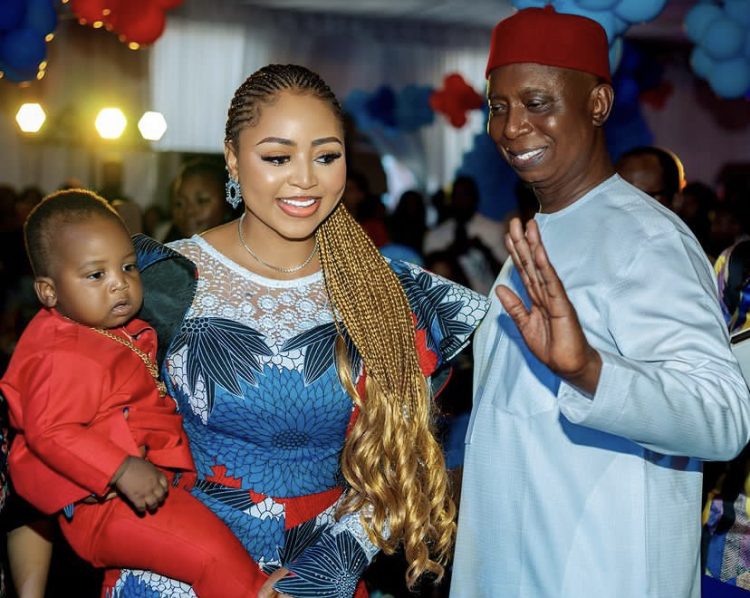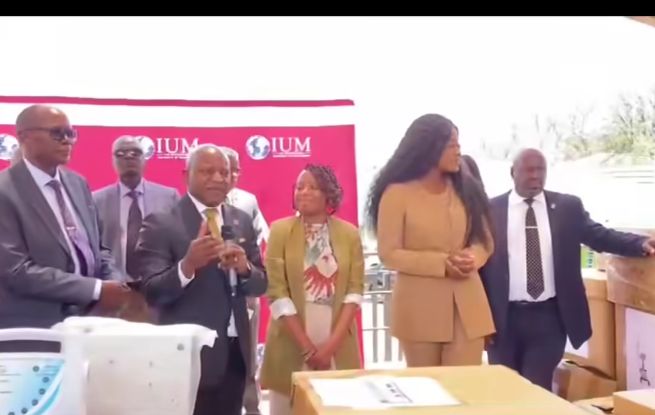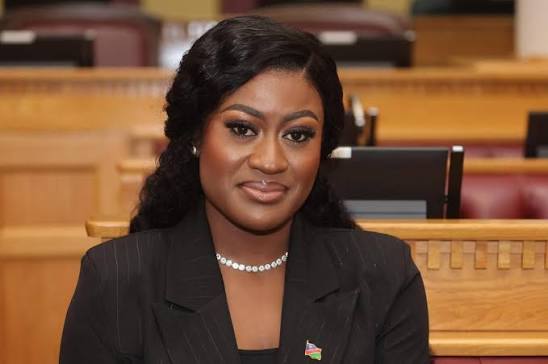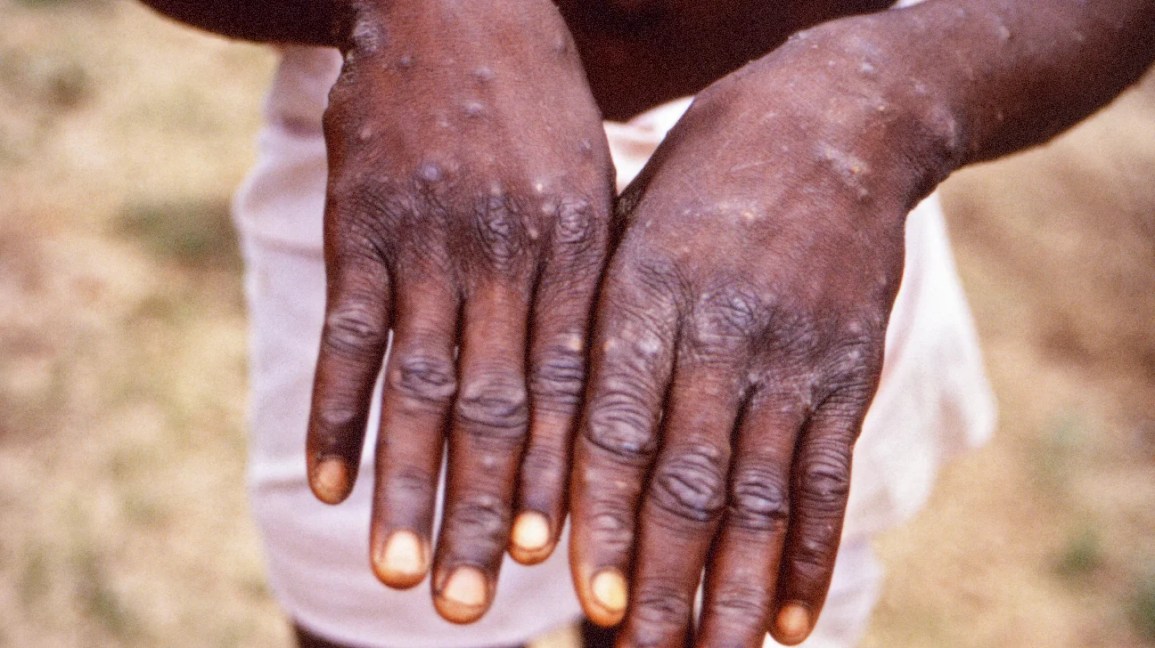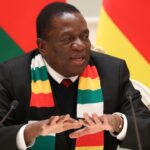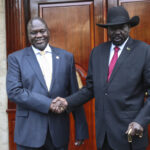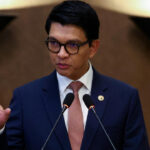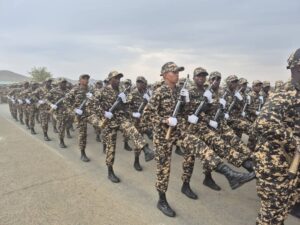
A new wave of concern over media repression in Zimbabwe has emerged following the arrest of Zimbabwe Independent editor Faith Zaba, who was detained by police in the capital on Monday. Authorities allege that Zaba violated the law by “undermining or insulting the President” through a satirical column published in the paper’s widely read Muckraker section.
Her legal representative, Advocate Chris Mhike, confirmed that Zaba was detained overnight despite having already given a warned and cautioned statement. He also revealed that she is suffering from a serious medical condition and that this was communicated to law enforcement officials, who nevertheless refused to release her on medical or humanitarian grounds. Zaba is expected to appear in court on Tuesday.
The arrest has drawn criticism from press freedom advocates and human rights organisations, who see it as yet another attempt to silence dissenting voices and punish critical journalism. Zimbabwean authorities have often relied on broadly defined laws to criminalise speech deemed offensive or disrespectful to political leaders, particularly when satire or investigative reporting touches on the presidency or government misconduct.
Zaba’s detention comes at a time when Zimbabwe’s press freedom remains under intense scrutiny both locally and internationally. According to the 2024 World Press Freedom Index published by Reporters Without Borders, Zimbabwe is ranked 116th out of 180 countries globally. Within Africa, the country lags behind regional peers such as Namibia, which holds the 34th position globally, and South Africa, ranked 38th. The report attributes Zimbabwe’s low position to ongoing censorship, arbitrary arrests of journalists, legal intimidation, and surveillance of independent media.
This latest incident adds to a troubling record of journalist harassment in Zimbabwe. In 2020, prominent investigative journalist Hopewell Chin’ono was arrested multiple times after exposing alleged government corruption in COVID-19 procurement processes. He was held for several weeks under incitement charges and consistently denied bail. In 2008, New York Times correspondent Barry Bearak was detained in Harare during a politically tense election period, accused of reporting without accreditation. Though the charges were later dropped, his arrest was widely condemned. Earlier cases include Geoffrey Nyarota, former editor of The Daily News, who was repeatedly arrested and eventually forced into exile after his paper exposed corruption involving senior government officials.
Faith Zaba’s arrest has reignited public debate about the need for urgent reform of Zimbabwe’s media laws, particularly statutes that allow criminal penalties for what should fall under freedom of expression. Media watchdogs and civic groups have called on the government to end its persecution of journalists and respect the role of a free press in holding power to account.
As Zaba awaits her day in court, legal teams are preparing to apply for bail while colleagues and supporters continue to demand her immediate release and access to medical care. The outcome of her case will likely influence the media landscape ahead of Zimbabwe’s upcoming political season and could serve as a test of the government’s commitment to upholding press freedom.

